facerecognition
Latest
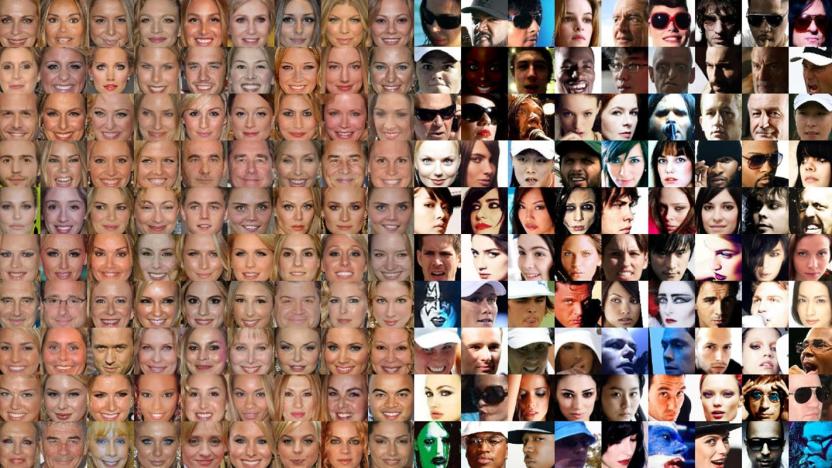
MIT hopes to automatically 'de-bias' face detection AI
There have been efforts to fight racist biases in face detection systems through better training data, but that usually involves a human manually supplying the new material. MIT's CSAIL might have a better approach. It's developing an algorithm that automatically 'de-biases' the training material for face detection AI, ensuring that it accommodates a wider range of humans. The code can scan a data set, understand the set's biases, and promptly resample it to ensure better representation for people regardless of skin color.
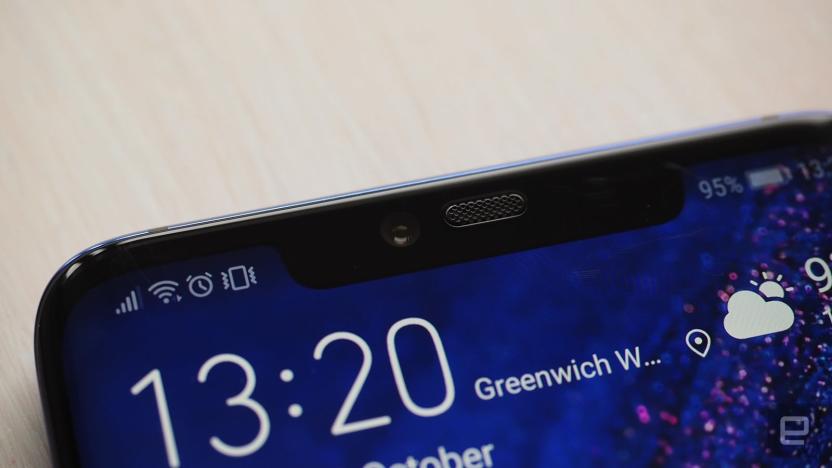
Android Q might include an equivalent to Apple's Face ID
To date, Android phone makers who've wanted to include face recognition have had to craft their own secure solutions or else use basic face detection that you can fool with a photo. Soon, however, it might be relatively commonplace. Sleuthers at XDA and 9to5Google have discovered code in an early Android Q version that hints at native support for hardware face recognition. It wouldn't just be used for signing into your phone, either, as it could also authorize purchases and sign into apps. It would largely be a parallel to the Face ID system found in Apple's more recent iPhones, just with more flexibility.

Google Assistant may scan your face to personalize commands
Google might soon have an alternative to voice matching when you want to use Assistant to get personalized results. The latest beta for Android's Google app includes code references to a previously hinted-at Face Match feature that, as the name implies, would scan your visage to provide tailored commands on camera-equipped devices. While there isn't a detailed description, you'd have to both train the system and could add multiple devices. Your face profile wouldn't be limited to one gadget, which some companies do in the name of security.

Google’s China search engine drama
The first time many of us heard about China's use of facial recognition on jaywalkers was just this week when a prominent Chinese businesswoman was publicly "named and shamed" for improper street crossing. Turns out, she wasn't even there: China's terrifyingly over-the-top use of tech for citizen surveillance made a mistake. The AI system identified Dong Mingzhu's face from a bus advertisement for her company's products.

Netflix hack day project uses eye tracking to navigate its iOS app
Netflix's hack days frequently produce fanciful results, but its latest might be key to making its streaming service more accessible. The company's engineers have developed an experimental "Eye Nav" feature that lets you navigate the iOS app using the face tracking in newer iPhones (and, potentially, iPads). You use your eyes to control the cursor, staring at an item to select it. And if you need to back out? Just stick out your tongue.
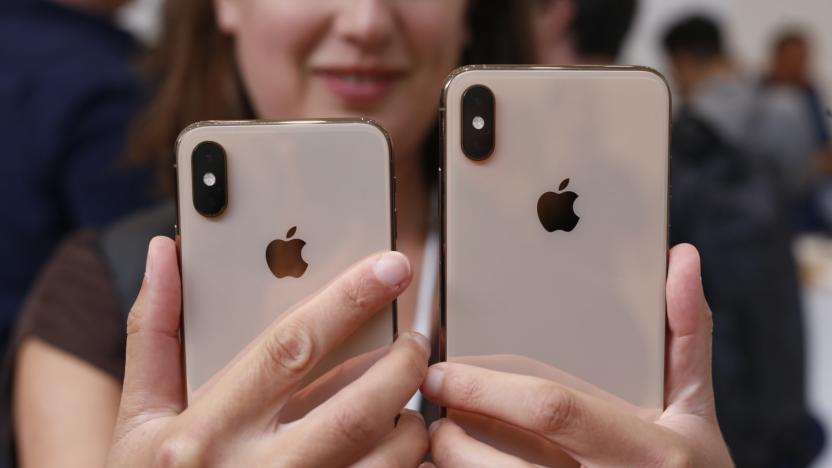
Police told to avoid looking at recent iPhones to avoid lockouts
Police have yet to completely wrap their heads around modern iPhones like the X and XS, and that's clearer than ever thanks to a leak. Motherboard has obtained a presentation slide from forensics company Elcomsoft telling law enforcement to avoid looking at iPhones with Face ID. If they gaze at it too many times (five), the company said, they risk being locked out much like Apple's Craig Federighi was during the iPhone X launch event. They'd then have to enter a passcode that they likely can't obtain under the US Constitution's Fifth Amendment, which protects suspects from having to provide self-incriminating testimony.
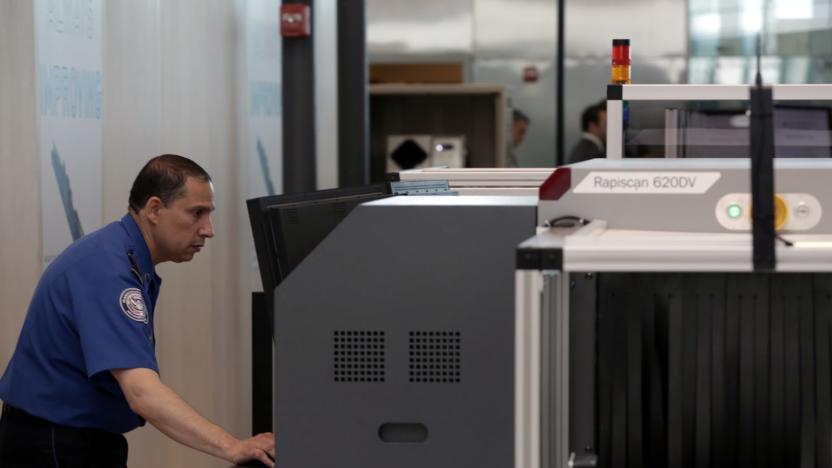
Face scanning in US airports is rife with technical problems
If you've had misgivings about the effectiveness of Homeland Security's airport face scanning (let alone the privacy implications), you're not alone. The department's Inspector General has issued a report warning that the scanning system is struggling with "technical and operational challenges." Customs and Border Protection could only use the technology with 85 percent of passengers due to staff shortages, network problems and hastened boarding times during flight delays. The system did catch 1,300 people overstaying their allowed time in the US, but it might have caught more -- and there were problems "consistently" matching people from specific age groups and countries.
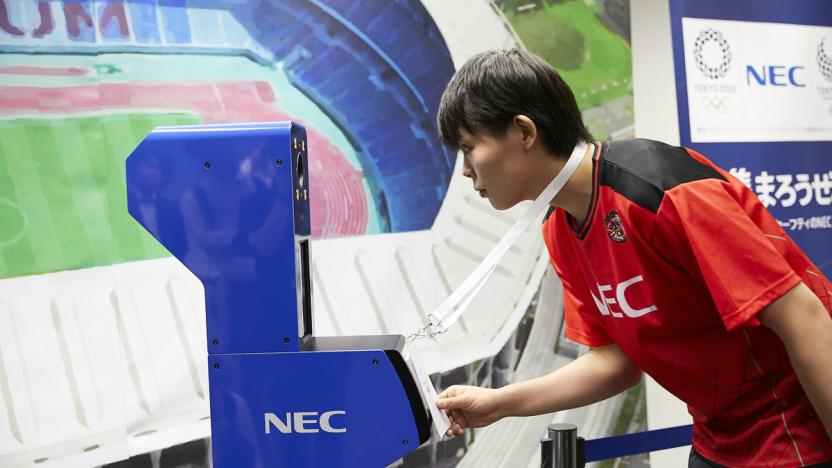
Tokyo Olympics will use facial recognition to bolster security
It's official: the 2020 Tokyo Olympics will use facial recognition as a security measure, confirming a 2017 report that the organizing committee was considering its use. You don't have to worry about your privacy as a spectator, since it will only be used for athletes, staff members and media personnel. That is, unless you were hoping for a ticket-less entry, because you'll still need to show your tickets and submit to luggage checks.
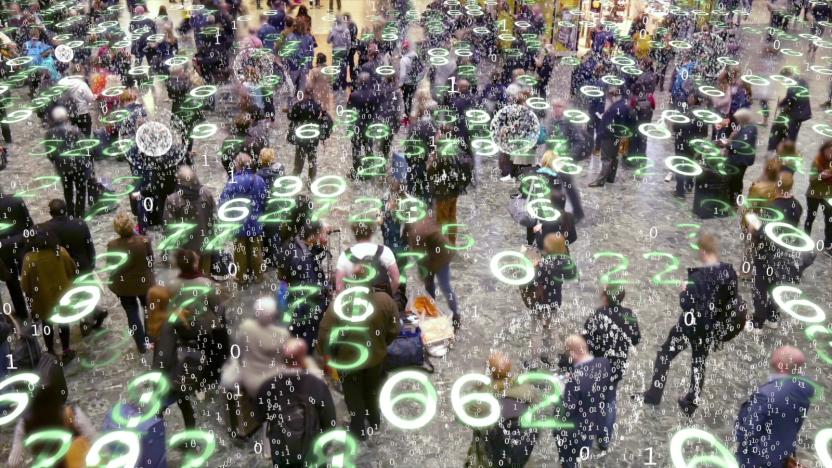
Amazon faces pressure to stop selling facial recognition to police
Amazon may not have much choice but to address mounting criticism over its sales of facial recognition tech to governments. The American Civil Liberties Union has delivered both a petition and a letter from 17 investors demanding that Amazon drop its Rekognition system and exit the surveillance business. While the two sides have somewhat different motivations, they share one thing in common: a concern for privacy.

iOS 12 will support Face ID for two people
Ever since the iPhone X arrived, Face ID has only ever supported one person -- unlike Touch ID, there was no way to register someone else you trust with your device. That won't be a problem with iOS 12. While Apple didn't discuss the feature during its WWDC keynote, iOS 12 lets you add an "alternative appearance" for Face ID. It's ostensibly meant for people who have problems with Face ID (say, people with glasses that significantly alter their look), but it can be used for a second person. A partner or child could have access to your phone without having to type in a passcode.
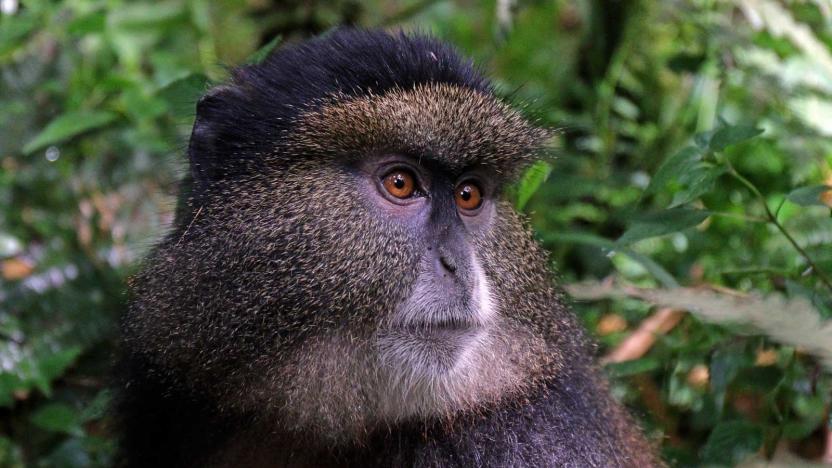
Facial recognition may help save endangered primates
Facial recognition isn't limited to humans. Researchers have developed a face detection system, PrimNet, that should help save endangered primates by tracking them in a non-invasive way. The neural network-based approach lets field workers keep tabs on chimpanzees, golden monkeys and lemurs just by snapping a photo of them with an Android app -- it'll either produce an exact match or turn up five close candidates. That's much gentler than tracking devices, which can stress or even hurt animals.
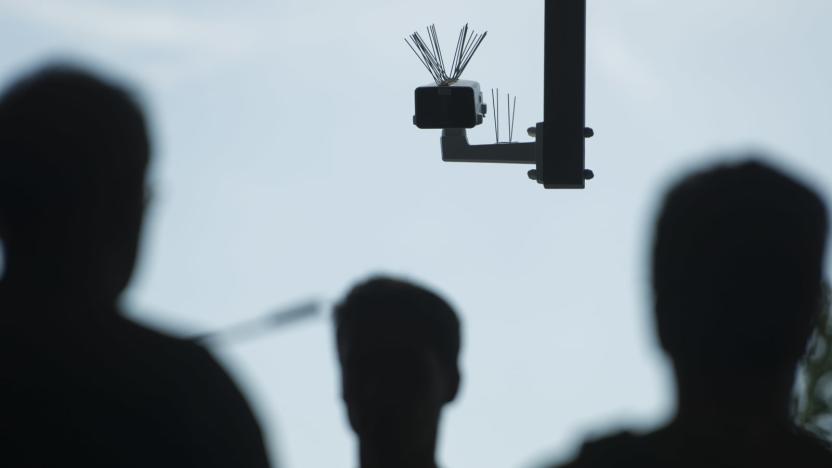
Amazon is selling facial recognition tech to law enforcement
If you're nervous about the privacy implications of Amazon's camera technology, there might be a good reason for it. The ACLU and a coalition of civil rights groups are calling on Amazon chief Jeff Bezos to stop offering Rekognition facial detection system to government customers after learning that the company is actively helping law enforcement implement the potentially invasive technology. Police in multiple regions have partnered with Amazon on surveillance projects, including an Orlando proof-of-concept that lets Amazon search for "people of interest" through city cameras as well a Washington County, Oregon initiative that lets officers scan people to see if they turn up in a mugshot database.

Police face recognition misidentified 2,300 as potential criminals
Ask critics of police face recognition why they're so skeptical and they'll likely cite unreliability as one factor. What if the technology flags an innocent person? Unfortunately, that caution appears to have been warranted to some degree. South Wales Police are facing a backlash after they released data showing that their face recognition trial at the 2017 Champions League final misidentified thousands as potential criminals. Out out of 2,470 initial matches, 2,297 were false positives -- about 92 percent.
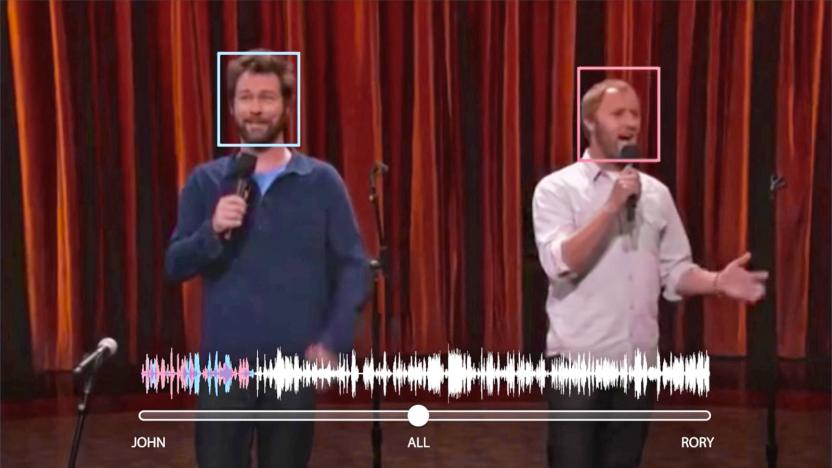
Google AI can pick out voices in a crowd
Humans are usually good at isolating a single voice in a crowd, but computers? Not so much -- just ask anyone trying to talk to a smart speaker at a house party. Google may have a surprisingly straightforward solution, however. Its researchers have developed a deep learning system that can pick out specific voices by looking at people's faces when they're speaking. The team trained its neural network model to recognize individual people speaking by themselves, and then created virtual "parties" (complete with background noise) to teach the AI how to isolate multiple voices into distinct audio tracks.
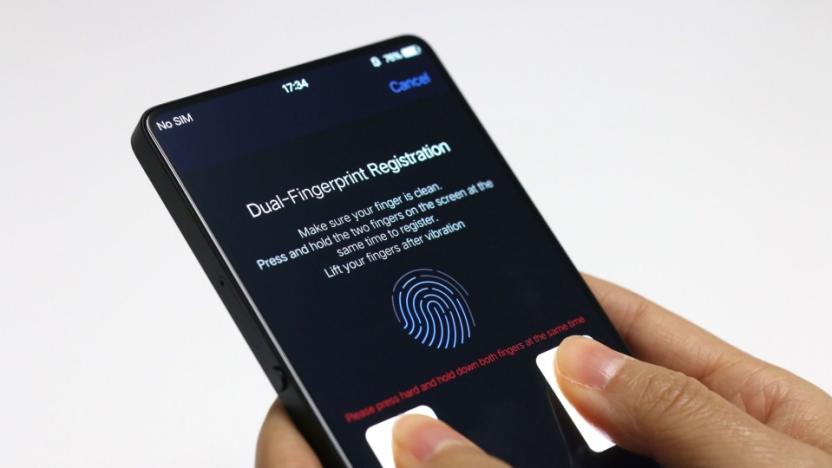
The chaos of unlocking your phone in 2018
PIN codes and patterns are passe. MWC 2018 kicked off with the usual fanfare of a major flagship launch -- the Galaxy S9. With it, Samsung introduced its own, new, face unlock feature. Google may have added the feature to Android many years ago, but it seems technology has progressed enough to make it worth resurrecting by Samsung -- with some extra biometric backup. The House of Galaxy might have also felt the competitive tug of Apple's surprisingly slick Face ID unlock feature on the iPhone X. Samsung wasn't the only company innovating when it comes to how we get our smartphone working. And it's not just the thousand-dollar flagships, either. Biometrics are here in a big way, although no-one seems to know which method's best. How many of these techniques will last to see 2020?

Samsung Galaxy S9 may pack more reliable face recognition
Samsung has hinted that the Galaxy S9 might include more advanced face recognition, but we're now getting clues as to what's involved. SamCentral's sleuthing in the settings APK for the Galaxy Note 8's Oreo beta has discovered a hidden Intelligent Scan feature that uses both camera-based face detection and the iris scanner in tandem for "better accuracy and security" and improved results in "low or very bright" lighting. Given that the iris scanning on the S8 and Note 8 can be finnicky, this could deliver a much more consistent experience when you're unlocking your phone or accessing secure info.
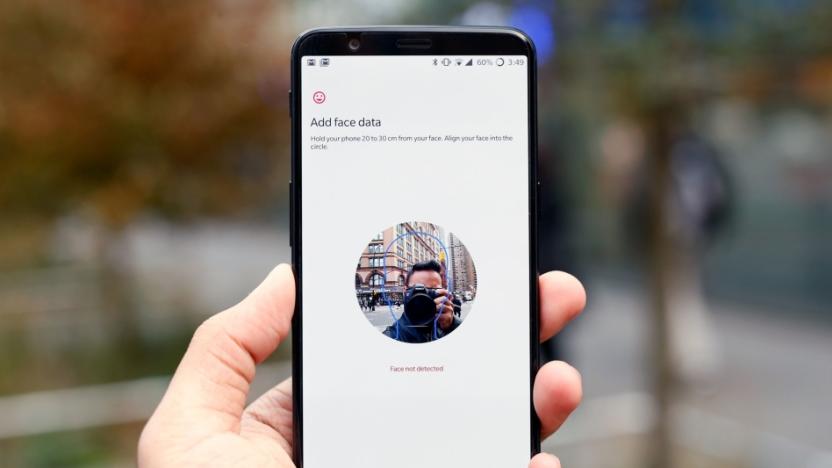
OnePlus 5 will get the 5T's Face Unlock feature
The OnePlus 5T's other party trick (besides the tall screen) is Face Unlock: a quick glimpse at your phone is all it takes to sign in. But is it really worth buying just so you don't have to use a fingerprint reader? No -- and OnePlus knows it. Company chief Carl Pei has tweeted that Face Unlock will be available on the OnePlus 5. He hasn't given a time frame or said whether or not there will be any functional differences, but it's good news for anyone worried that the phone maker would purposefully hold back to drive 5T sales.
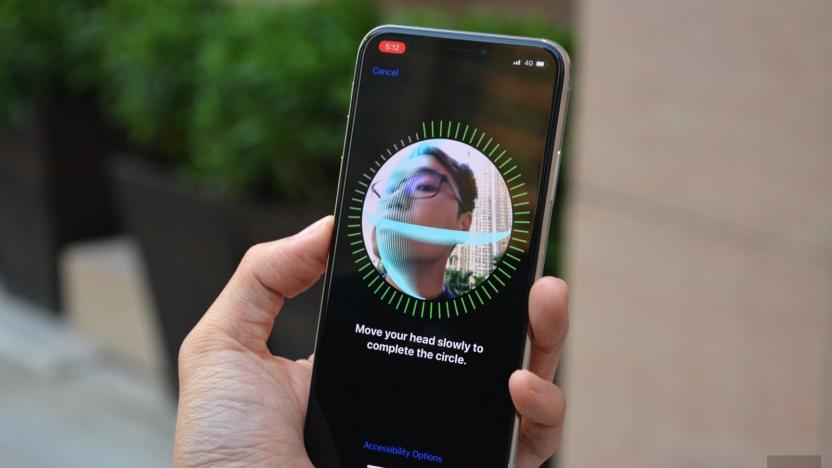
iPhone X owners can't use Face ID to approve family purchases
Face ID on the iPhone X is helpful for authorizing a purchase for yourself, but don't expect to use it if you're approving a purchase for your kids. Numerous owners have discovered that the face authentication feature doesn't work for family purchases (that is, where a family member asks you to buy apps or music on their behalf) like Touch ID does on earlier iPhones. It's not a tremendous pain, but you probably won't relish the thought of punching in your password every time your little ones want a new game for their iPads.
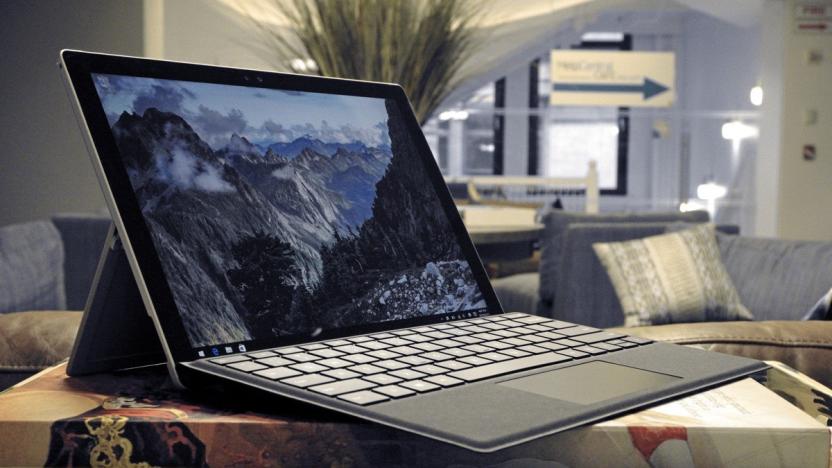
Printed photos can fool Windows 10's Hello face authentication
Windows 10's facial authentication system might be able to tell the difference between you and your twin, but it could apparently be fooled with a photo of your face. According to researchers from German security firm SySS, systems running previous versions of the platform can be unlocked with a printed photo of your face taken with a near-infrared (IR) camera. The researchers conducted their experiments on various Windows 10 versions and computers, including a Dell Latitude and a Surface Pro 4.
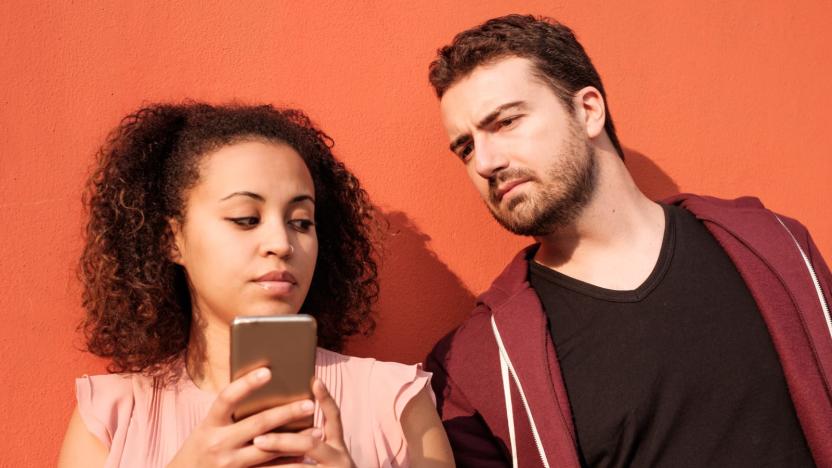
Google's AI can tell when someone is peeping at your phone
Face detection isn't just for signing you in or making silly animations... it could also keep nosy bus passengers from snooping on your phone. Google researchers Hee Jung Ryu and Florian Schroff are about to present research into an "electronic screen protector" that uses AI-based eye detection in the front camera to determine when someone is looking over your shoulder. In the demo video (below), the app switches over to a camera view that shames the spy with rainbow vomit -- you'd know someone was being intrusive before they had time to feign innocence.



